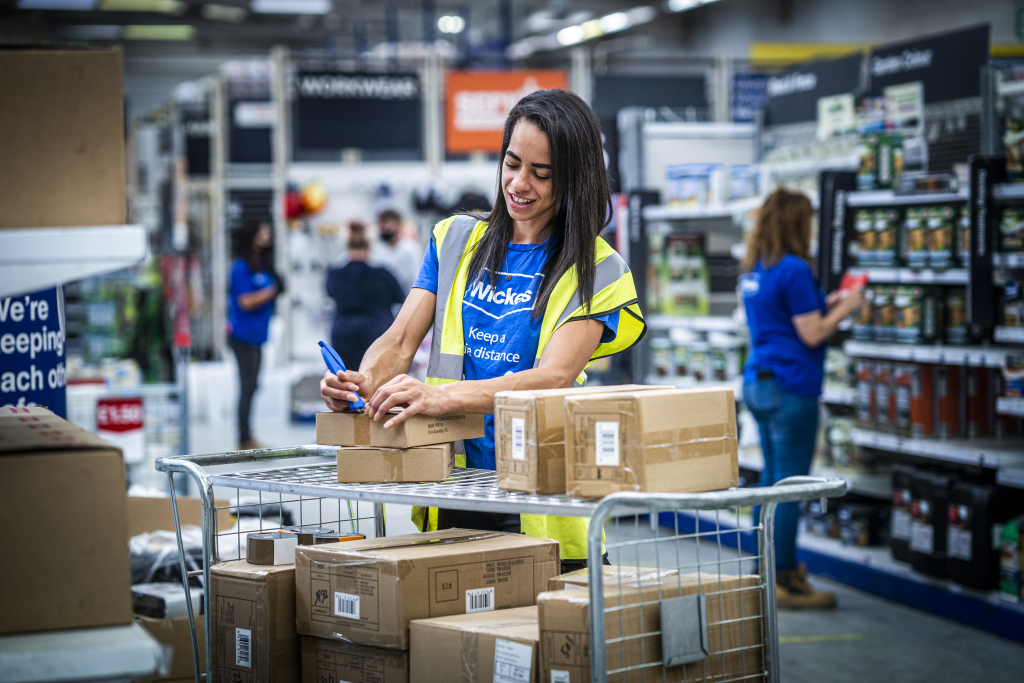Shares in Travis Perkins (TPK) perked up 0.6% to £15.95, a fresh one-year high, after the builders’ merchant resumed the demerger process of its DIY chain Wickes, which it plans to spin out and list on London’s main market.
Retailer Wickes appears well-placed to succeed as a standalone business, with like-for-like sales growing 5% in 2020 as it rode the pandemic-induced DIY boom, though higher delivery and other extra costs are likely to be squeezing margins.
DEMERGER BACK ON TRACK
Travis Perkins announced its intention to demerge Wickes in the summer of 2019 as part of a long-term strategy to simplify the business and focus on its trade customers, but the process was placed on hold a year ago amid the onset of the pandemic.
With Travis Perkins and Wickes exhibiting resilience during the Covid crisis, Travis Perkins decided to recommence the demerger process earlier this month and today marks the next milestone in the process. Circulars relating to the demerger and the Wickes prospectus have been submitted to the Financial Conduct Authority (FCA) for approval.
Travis Perkins’ CEO Nick Roberts said he is ‘very pleased that we have reached a significant milestone in the process to demerge Wickes from the Travis Perkins Group.
‘It is testament to the strength of both the Group and Wickes operating models that we are back on track to complete the demerger despite the pandemic.’
DIGITAL DELIVERY
Alongside B&Q, owned by Kingfisher (KGF), Wickes has benefited from the stay-at-home DIY boom and despite disruption caused by the pandemic, delivered revenue approaching £1.35 billion and like-for-like growth of 5% in 2020.
Digital customers almost doubled, click-and-collect orders were up 450% and home delivered sales increased by 120% for the year, and while the economic outlook and trading environment ‘remains uncertain’, Wickes expects to deliver sales growth ahead of its markets for 2021.
THE EXPERT’S VIEW
However Russ Mould, investment director at AJ Bell, explained that the problem with Wickes is ‘that a good chunk of its business also comes from the “do it for me” channel, and that’s not done so well during the pandemic. Restrictions on showroom openings have meant that Wickes couldn’t show off its wares and thus sales have been hit.
Mould said, ‘While DIY sales have continued to be good, it’s suffered the same fate as supermarkets in having to incur extra costs to keep staff and customers safe. Delivery costs have also been a drag, which suggests profit margins are being squeezed.
‘Wickes is eager to talk up its situation, saying it expects to deliver sales growth ahead of its markets this year, but its overall success has a lot riding on the consumer spending big once lockdown restrictions are lifted.
‘It is banking on pent-up demand to translate into sales of new kitchens and bathrooms. That’s not a given, and so Wickes could start life as a standalone listed business in a position where management risk disappointing investors if the hoped-for sales burst falls flat.’




